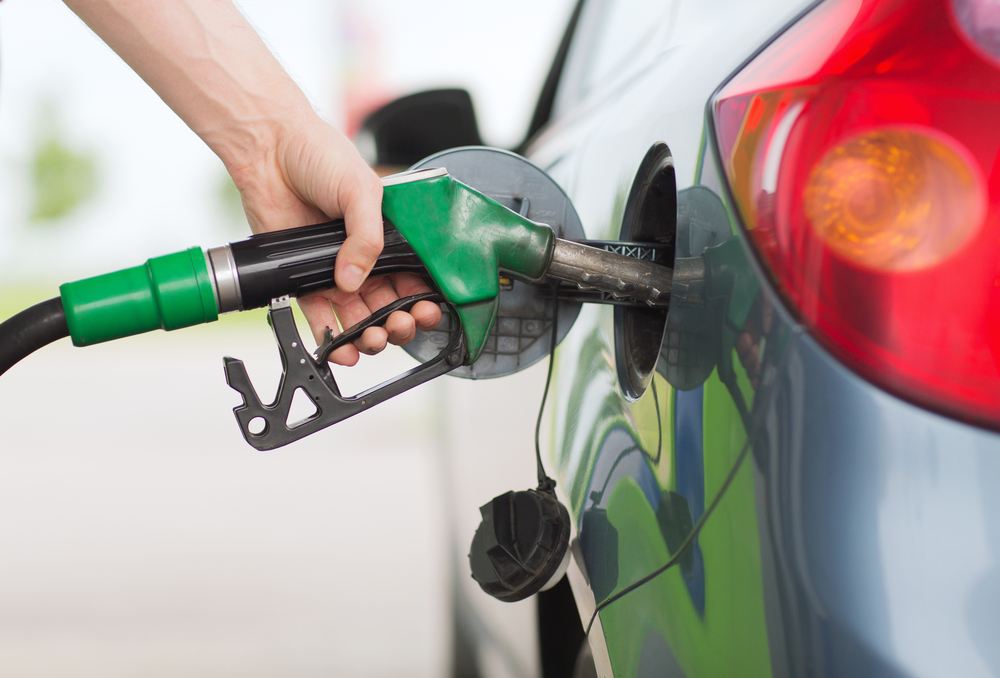Does the Type of Gas I Put in My Car Matter?

Are you confused by the array of fuel options at the gas station? Ever wondered, "Does premium gas make a difference?" or "What's the best gasoline for my car?" You're not alone. The truth is that choosing the right fuel type matters more than you might think.
The gasoline grade you select can significantly influence your vehicle's performance, fuel efficiency, and engine health. Christian Brothers Automotive has put together a comprehensive guide to help you understand the different types of gasoline and their effects on your vehicle.
Which Type of Fuel Should You Use?
In short, the cheapest fuel your car's engine is designed for will suffice. Some cars are designed to use premium gasoline, while others require regular or mid-grade. It's imperative to reference your owner's manual before you fill up.
If it specifies "premium fuel required" then choose premium. If the manual specifies "premium fuel recommended," then you have a choice of regular or premium. The difference in octane grade for these types of engines can mean a slight improvement in power or fuel economy with the higher grade.
Different Types of Gasoline
Now that we've covered the basics, let's dive deeper into the different types of gasoline available at most pumps. Understanding these options will help you make informed decisions about fueling your vehicle and potentially even save you money at the pump.
Regular Gasoline (87 Octane)
Regular gasoline is the most common and least expensive option you'll find at the pump. With an octane rating of 87, it's suitable for the majority of vehicles on the road today. If your car has a low compression ratio engine, which is typical for many standard passenger vehicles, regular gas is your best bet.
It provides all the power and performance your engine needs without the extra cost. However, be cautious if you drive a high-performance vehicle—using regular gas in these engines may cause knocking, which can lead to damage over time.
Mid-grade Gasoline (89 Octane)
Mid-grade gasoline sits between regular and premium, typically with an octane rating of 89. This fuel type can be a good choice for vehicles that recommend, but don't require, premium gas. Some older cars originally designed for leaded gasoline may also benefit from mid-grade fuel.
However, for most modern vehicles, mid-grade doesn't offer significant advantages over regular gas. Unless your owner's manual specifically recommends it, you're probably better off saving your money and sticking with regular.
Premium Gasoline (91-94 Octane)
Premium gasoline boasts the highest octane rating available at most gas stations, usually between 91 and 94. This fuel is designed for high-performance and luxury vehicles with high-compression engines. If your car requires premium gas, it's crucial to use it. These engines need a higher octane to prevent pre-ignition and knocking.
In vehicles designed for premium fuel, it can improve both fuel efficiency and performance. However, if your car is designed to run on regular gas, premium gas will not provide any benefits and is essentially a waste of money.
Ethanol-blended Gasoline (E10, E15, E85)
Ethanol-blended gasoline is becoming increasingly common at pumps across the country. The most prevalent blend, E10 (10% ethanol), is safe for use in all gasoline vehicles. E15 (15% ethanol) is approved for cars manufactured in 2001 or later, while E85 (85% ethanol) is strictly for flex-fuel vehicles.
While these blends can reduce our dependence on fossil fuels, they do have slightly lower energy content than pure gasoline. This means you might notice a small decrease in fuel economy when using ethanol blends, but the environmental benefits can outweigh this minor drawback for many drivers.
Diesel Fuel
Diesel fuel is a world apart, designed specifically for diesel engines and not compatible with gasoline engines. It offers higher energy density than gasoline, which translates to a better fuel economy for diesel vehicles. When fueling a diesel car, you'll notice different nozzles at the pump to prevent accidental misfueling.
Diesel also comes in different grades, with options for passenger vehicles and heavy-duty trucks. In recent years, ultra-low sulfur diesel (ULSD) has become the standard in most countries, significantly reducing emissions from diesel engines.
Find a Christian Brothers Automotive Near You for Fuel Services
If you're unsure of what type of gas you need for your car or wondering if your vehicle could benefit from any other type of fuel, bring your car into your local Christian Brothers Automotive!
Our expert expert technicians offer upfront, honest, and straightforward advice for your car, emphasizing accuracy and practical solutions for whatever issue you might be having with your vehicle. We have locations all over, so find the nearest one today and let us take care of you and your car!
Explore our locations and find your nearby Christian Brothers Automotive auto shop today!


[1].jpg)
[2].jpg)
sunwash-tech-with-customer.png)
